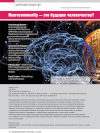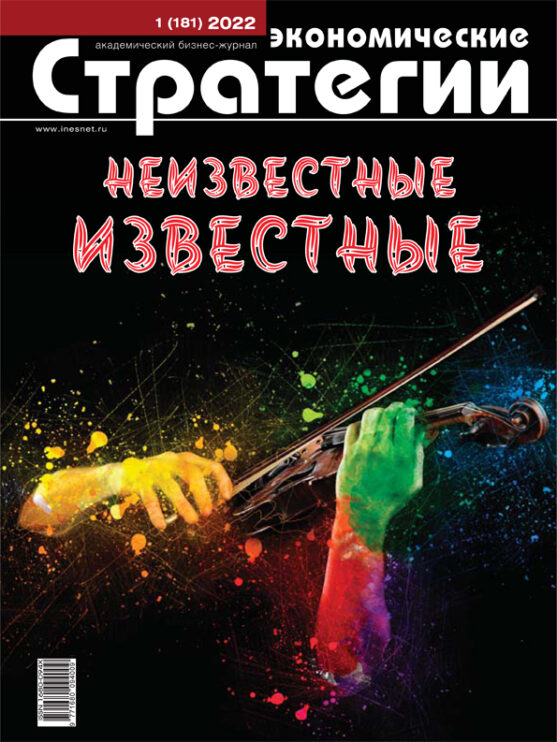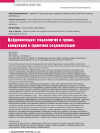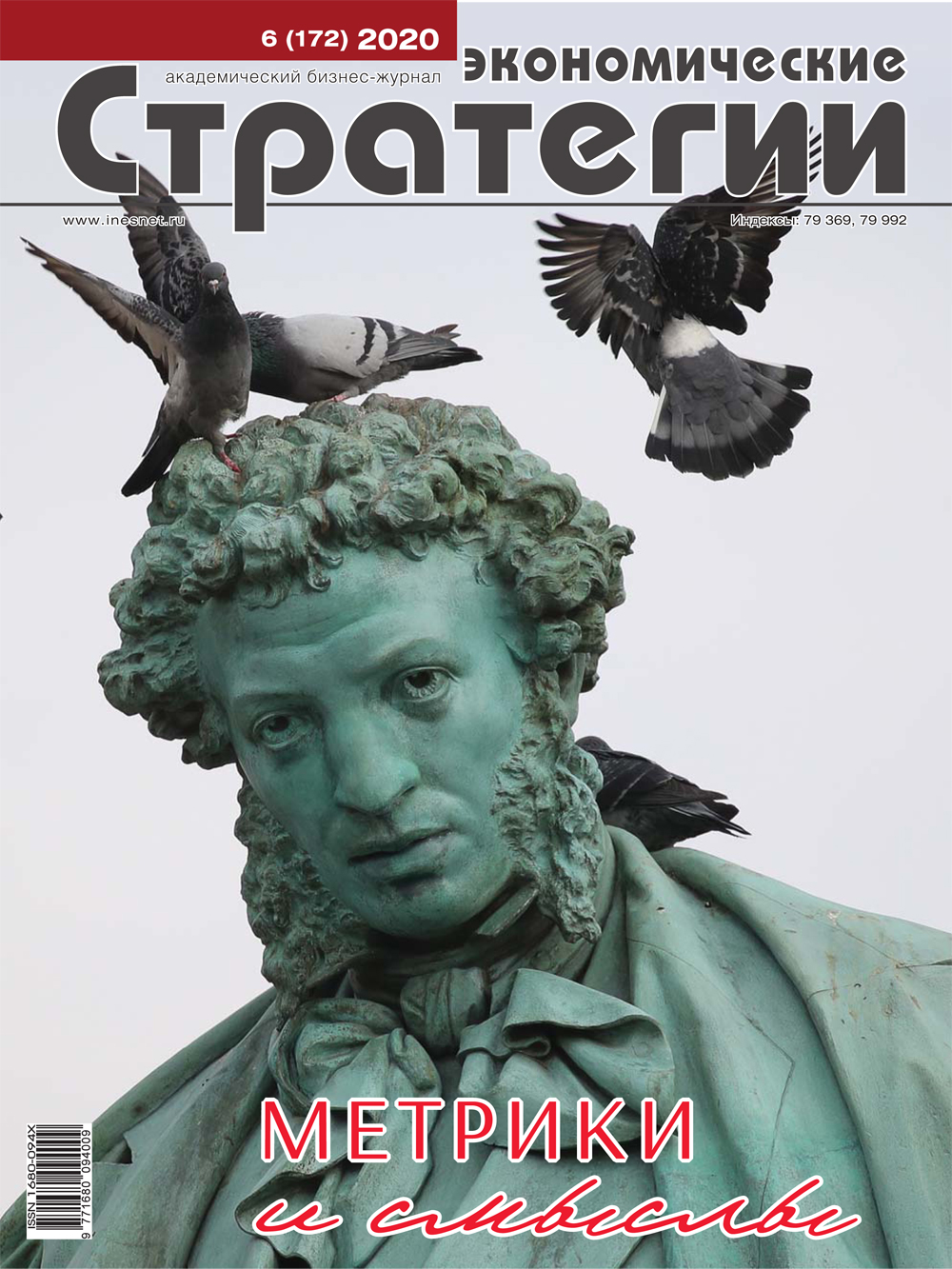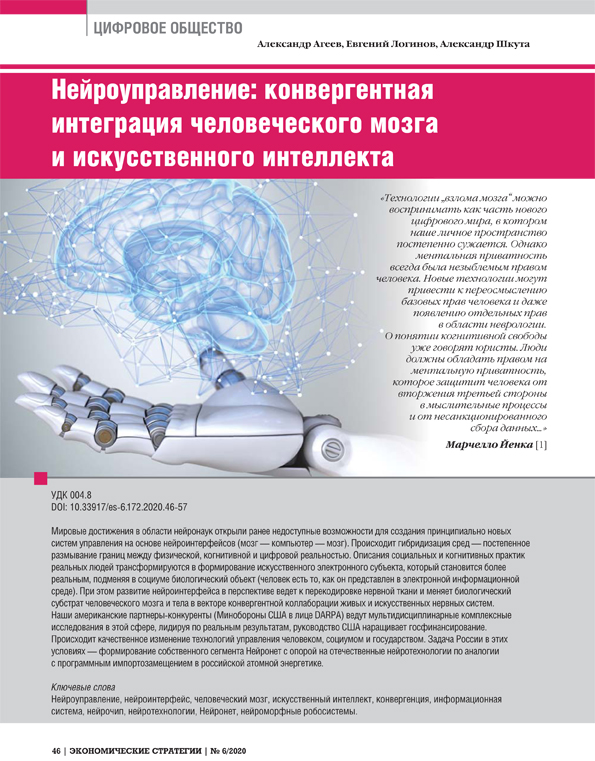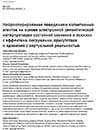Neurocommunity — the Future of Humanity?
DOI: https://doi.org/10.33917/es-5.185.2022.42-51
Neurodigital technologies qualitatively and quantitatively expand the possibilities of human behavior control, creating conditions for ensuring a targeted cognitive-psychological state of both an individual and groups within a neurocommunity. One of the key vectors for applying such new management opportunities is imprinting on a person of a positive perception of the surrounding reality, which contributes to maintaining socio-political stability in the state and society and also increases the efficiency of individual employees and their teams. Identification of psychosemantic qualities of a person based on analysis of his interests and preferences allows to form and imprint a cognitive-reflexive model of identification and interpretation of what is happening, adapted to a particular person, which serves as a source of actions for person and groups of his like-minded people and provides stability of the society, which is gradually acquiring the features of a neurocommunity.
References:
1. Vannevar Bush. As We May Think. The Atlantic, available at: https://www.theatlantic.com/magazine/archive/1945/07/as-we-may-think/303881/?single_page=true.
2. Ageev A.I. Golovokruzhenie intellekta [Intelligence Dizziness]. Ekonomicheskie strategii, 2019, no 5 (163), p. 5, available at: DOI: https://doi.org/10.33917/es-5.163.2019.5.
3. Denisov A.A., Sablin V.A. Rezul’taty aprobatsii sistemy upravleniya v postindustrial’nykh tekhnologicheskikh sredakh [Results of the Control System Approbation in Post-industrial Technological Environments]. Mezhdunarodnyi nauchno-issledovatel’skii zhurnal “Evraziiskii soyuz uchenykh”, 2020, no 10 (79), pp. 16–21. (Seriya: Tekhnicheskie nauki.)
4. Lepskii V.E. Problema sborki sub”ektov v informatsionnykh voinakh [Problem of the Subjects Assembly in Information Wars]. Informatsionnye voiny, 2019, no 4 (52), pp. 2–8.
5. Loginov E.L. Ispol’zovanie tekhnologii BIG DATA dlya protivodeistviya massovym besporyadkam v usloviyakh nedostatka informatsii i neopredelennosti razvitiya situatsii [Using BIG DATA Technologies to Counter Riots in the Face of Lack of Information and Uncertainty of the Situation Development]. Iskusstvennyi intellekt (bol’shie dannye) na sluzhbe politsii: Sb. statei mezhdunarodnoi nauchno-prakticheskoi konferentsii [Artificial Intelligence (Big Data) in the Police Service: Collection of Articles of the International Scientific-practical Conference]. Moscow, Akademiya upravleniya MVD Rossii, 2020, pp. 145–150.
6. Ageev A.I., Loginov E.L., Shkuta A.A. Kitai kak neiroinformatsionnaya megamatritsa: tsifrovye tekhnologii strukturirovaniya kognitivnykh ansamblei poryadka [China as a Neural-Information Megamatrix: Digital Technologies for Structuring Cognitive Ensembles of Order]. Ekonomicheskie strategii, 2021, no 1 (175), pp. 50–61, available at: DOI: https://doi.org/10.33917/es-1.175.2021.50-61.
7. Raikov A.N. Komp’yuternaya podderzhka refleksivnykh protsessov v upravlenii [Computer Support for Reflexive Processes in Management]. Sb. “Psikhologiya i ee prilozheniya” [Psychology and Its Applications]. Ezhegodnik Rossiiskogo psikhologicheskogo obshchestva, 2002, no 1, p. 52.



